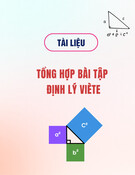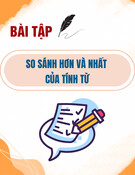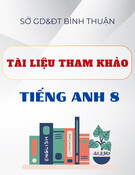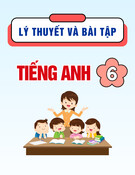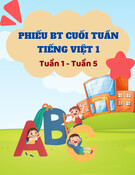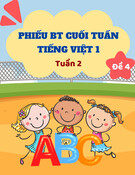
UBND QUẬN LONG BIÊN ĐỀ CƯƠNG ÔN TẬP GIỮA KỲ II
TRƯỜNG THCS VIỆT HƯNG NĂM HỌC 2024 – 2025
MÔN: TIẾNG ANH 9
A. Content: grammar and vocabularies from unit 7 to unit 9.
I. Topics: Natural wonders of the world, Tourism, World Englishes
II. Stress: ending -ic/ -ious / - ion / -ity
III. Everyday English: asking for permission and responding, expressing obligation, saying good
luck and responding
IV. Grammar:
1. Reported speech ( Yes/ No questions)
In reported Yes/ No questions, we often use the verbs ask or want to know, we use the word order
of statements.
In reporting Yes/ No questions, we normally use if/ whether + clause.
Eg: “Do you plan to climb any mountains this summer, Joe? Anna said.
=> Ann asked Joe if / whether he planned to climb any mountains that summer.
“ Can you swim?” she asked
=> She asked if I could swim.
Notes:
* Change the tenses.
Direct speech -> Indirect speech
Simple present -> Simple past
Present progressive -> Past progressive
Simple past -> Past perfect/ simple past
Present perfect -> Past perfect
Will -> would
Can -> could
May -> might
Must -> had to
* Change the words.
Now -> then
Here -> there
This -> that
These -> Those
Next week -> the following week / the next week
Tomorrow -> the following day/ the next day
Yesterday -> The previous day/ the day before
Last week -> The previous week/ the week before
Ago -> before





